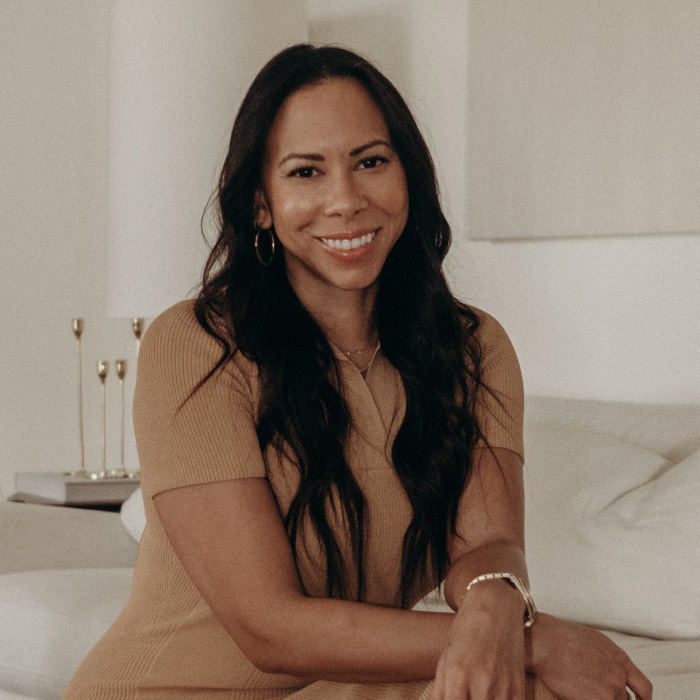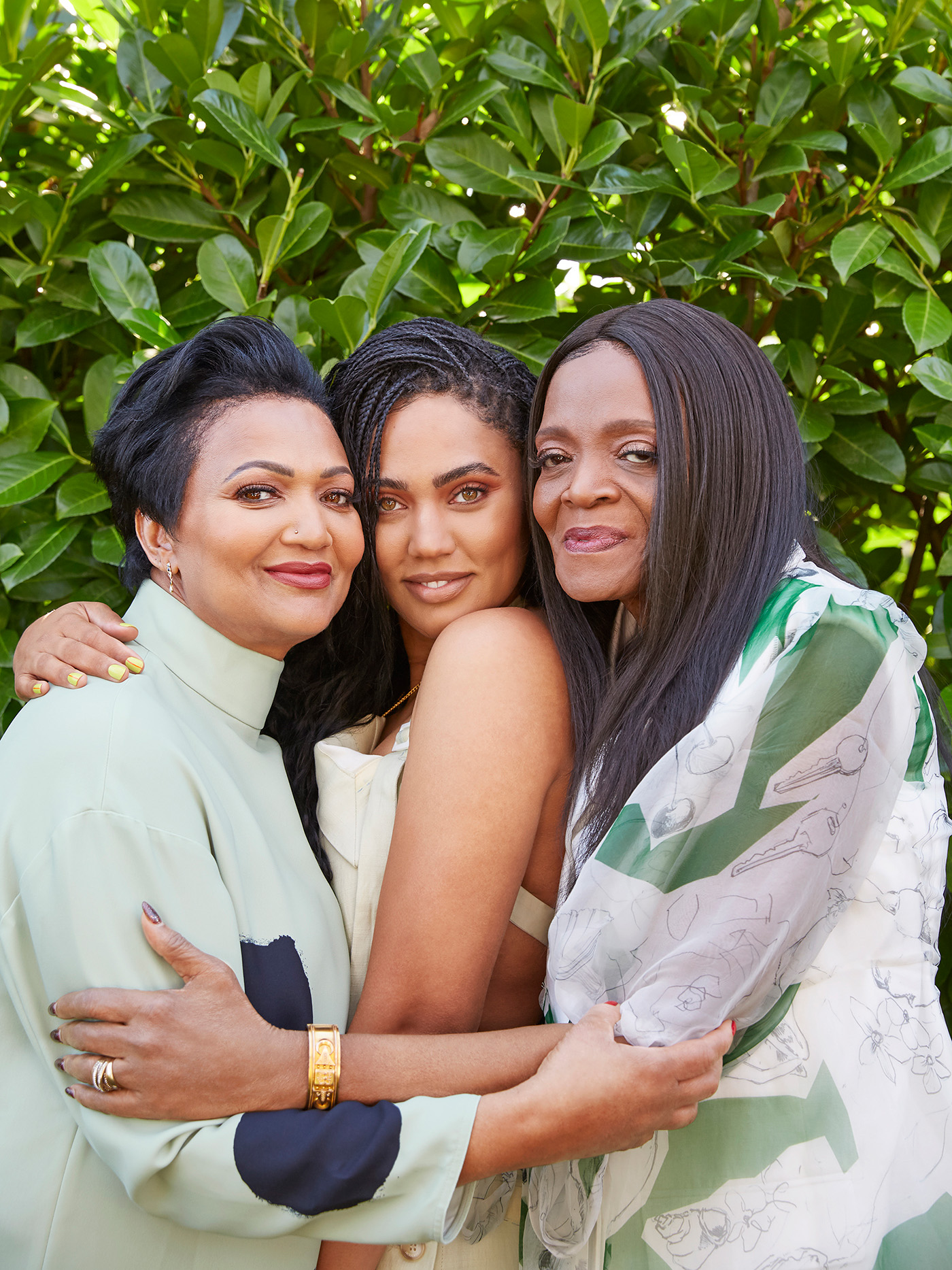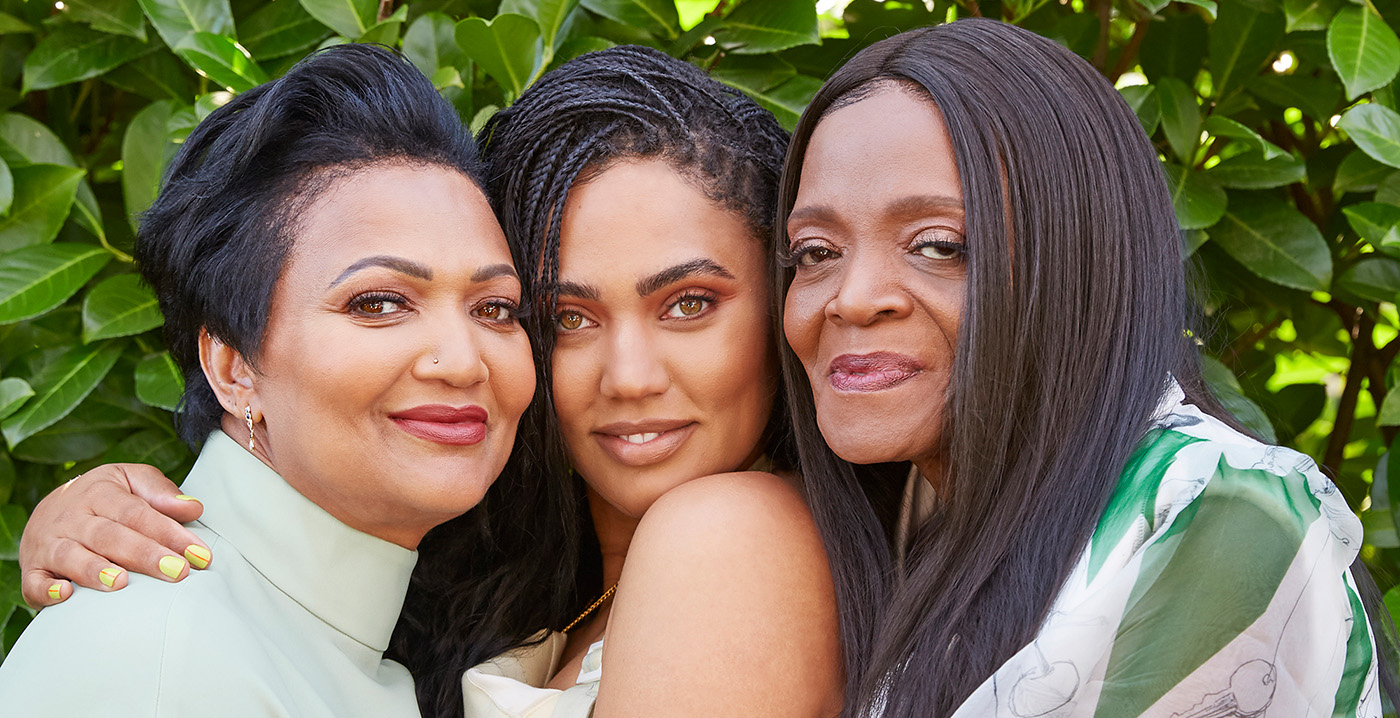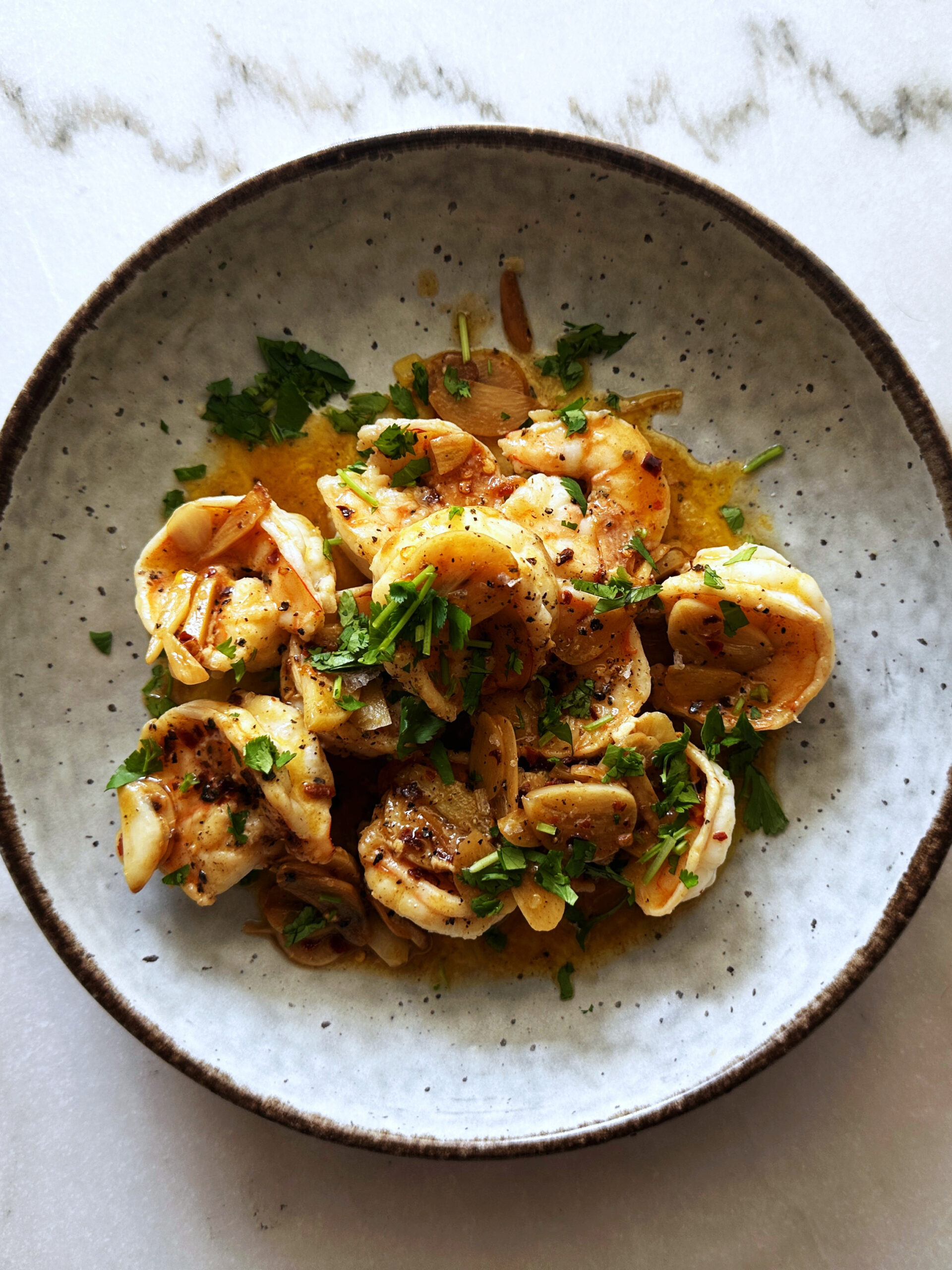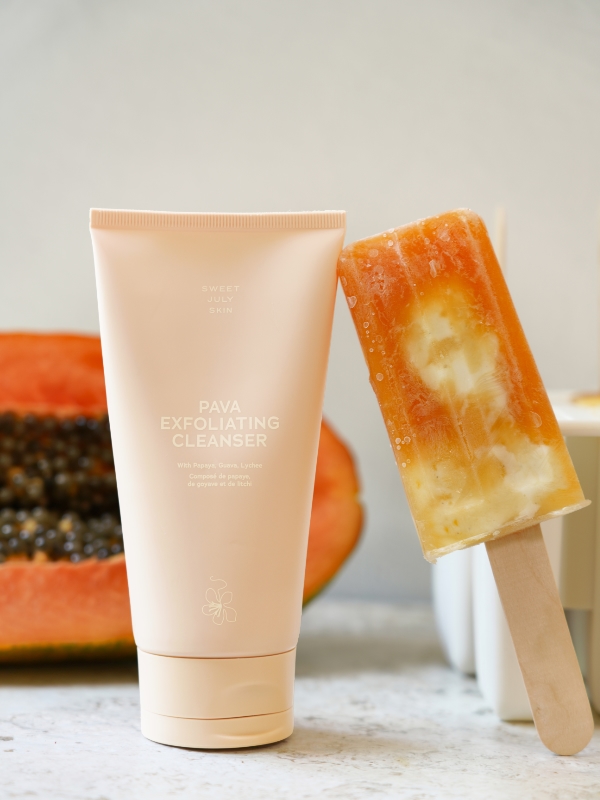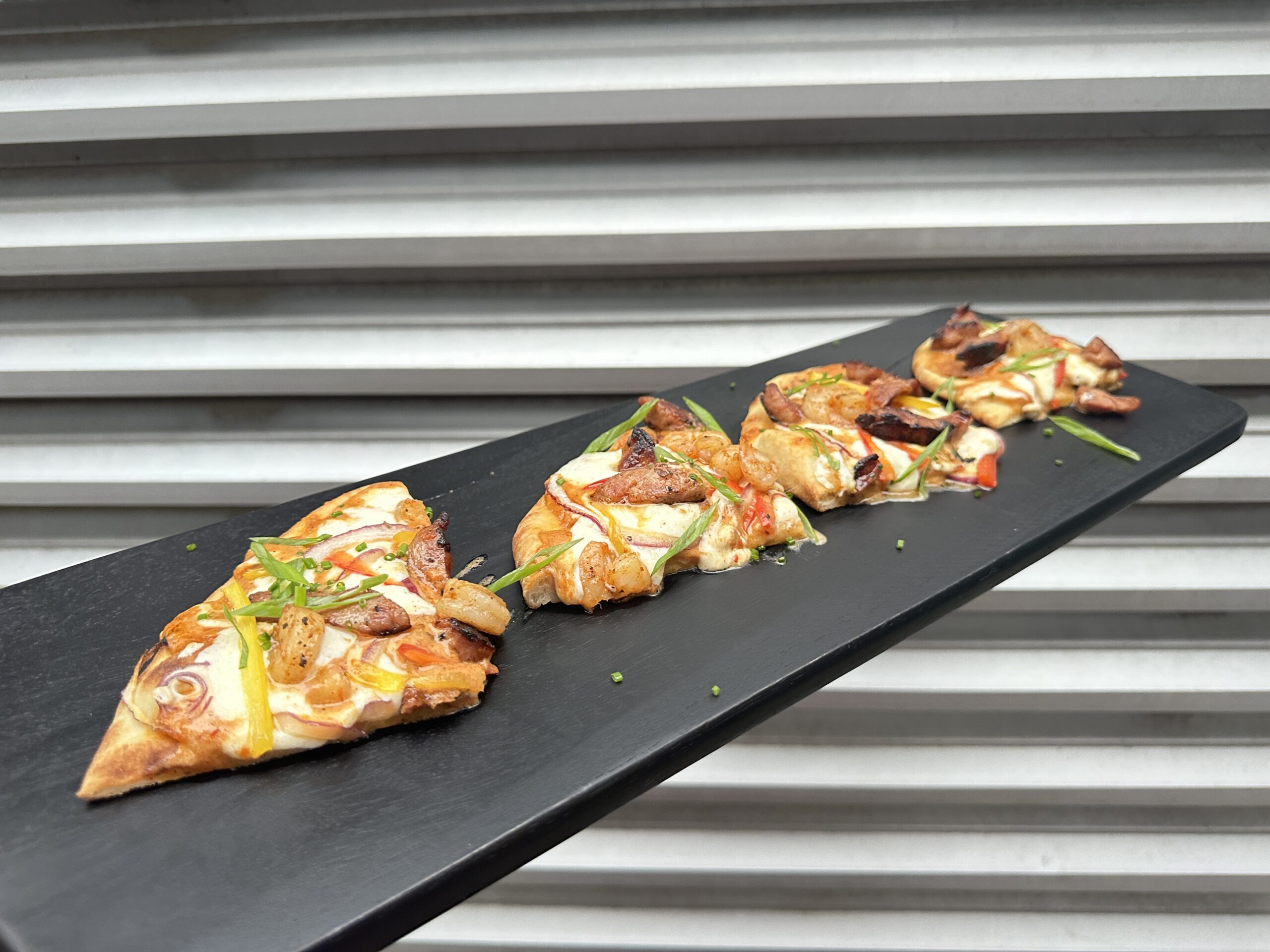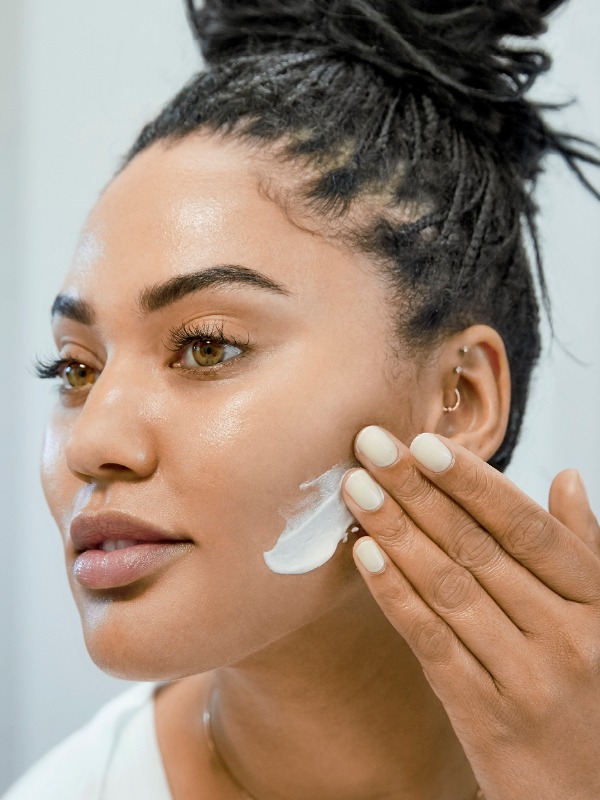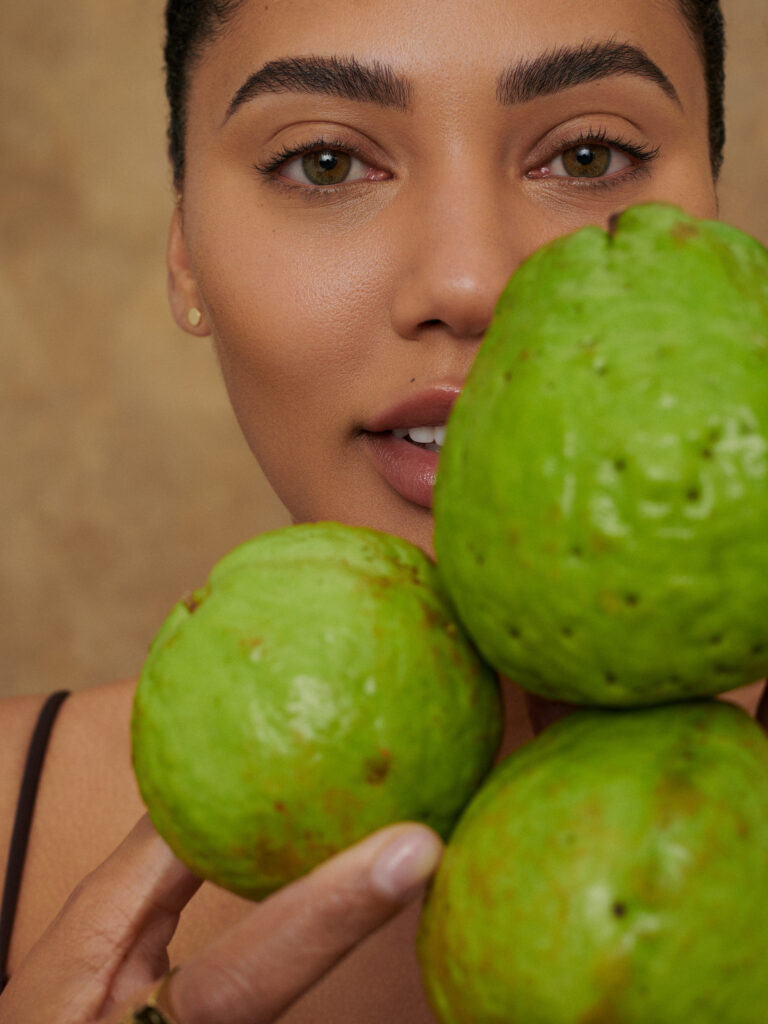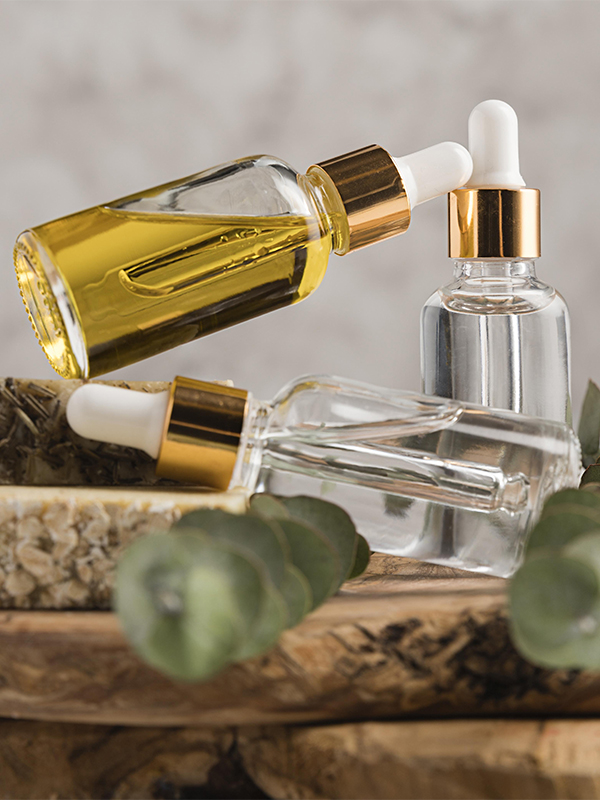Our genetics and heritage can play bigger roles in the health and appearance of our skin than we think. In other words, you may want to re-think brushing off those home rituals and techniques older generations of your family have sworn by—they could be helpful.
“The role of genetics in skin care cannot be understated,” Dermatologist Dr. Ahmad Chaudhry M.B.B.S. of Scandinavian Biolabs tells Sweet July. Scientific studies have identified specific genes that increase one’s risk for certain conditions like dry skin, eczema, acne, and even skin cancer, he emphasizes.
“I would say genetics played me,” says Sweet July Skin founder Ayesha Curry. “I got the acne-prone skin from my dad’s side and have dealt with that since I was a teenager. I’ve realized sometimes it really does come down to genetics and there’s not much you can do, but there are definitely ways to keep things at bay.”
Trouble with her own skin was the catalyst that got Sweet July Skin off the ground—a line of products inspired by family remedies from her Jamaican family and ingredients native to the island. Growing up, Curry’s grandmother would recommend things like banana, coconut oil and Jamaican Castor Oil in lieu of expensive or complex skincare products, largely inspiring the brand’s focus.
Similar to Curry’s thought process, one way of figuring out which products may work for you is to ask family members with similar skin types. But remember that you’re also an individual, so even trusted techniques may not always work the same way for you. Case in point: coconut oil works for my grandmother’s hair, but I find it’s better for moisturizing my body.
“Listening to the skincare experiences of family members with similar skin can provide valuable insights, but it’s important to consider that gene expressions and environments can differ as well,” says Chaudhry. “Verify what works best through self-observation. Pay attention to how your skin reacts to the same products siblings use. Over time, through trial and improvement, you can personalize routines to suit your unique genetic profile and needs.”
Determining a genetics-based skincare routine can be done with the guidance of your dermatologist. After examining your family history or undergoing certain genetic or molecular tests ordered by your doctor, patients may be prescribed preventative measures like antioxidants, retinoids or photoprotective creams if risks are elevated based on genes. “If there is a strong family history of skin cancer, we may recommend more frequent skin exams and sun protection,” says Chaudhry.
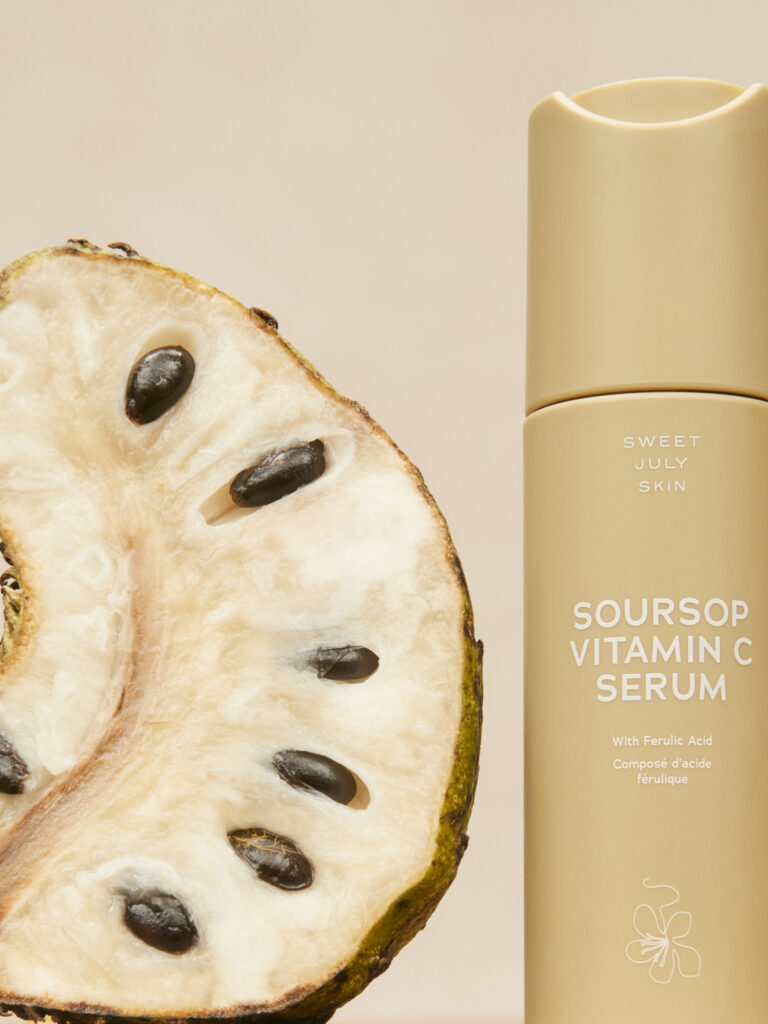
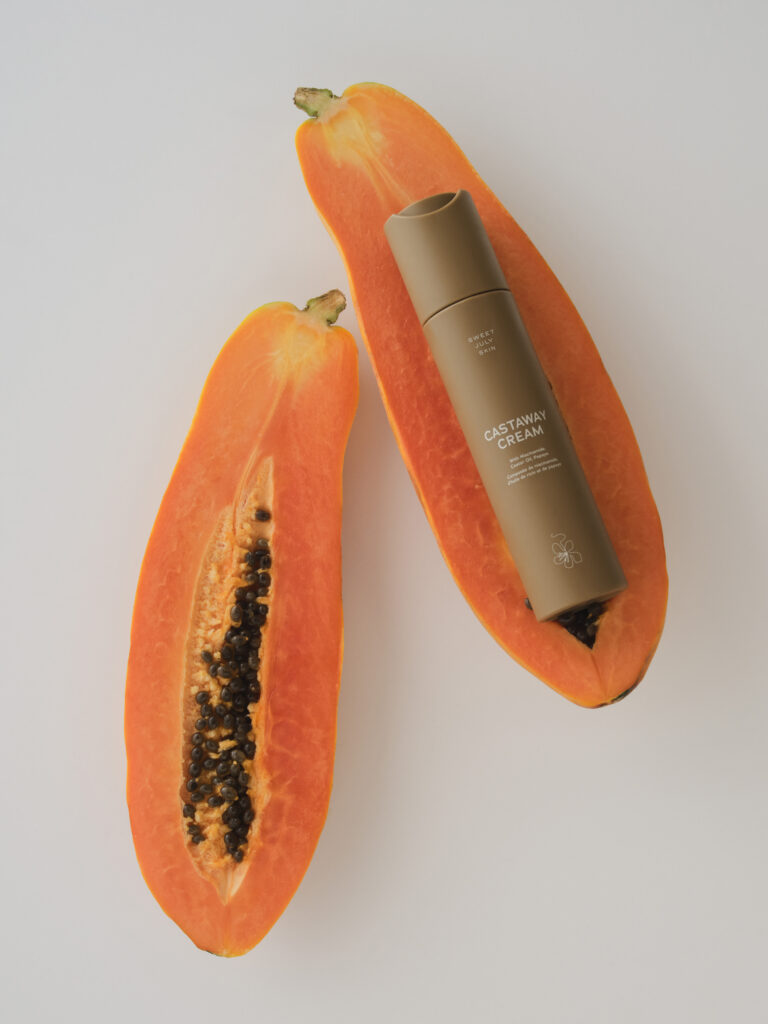
Beyond genetics, there are emotional benefits to reconnecting with the cultural or familial skincare traditions that you grew up with—or you’re discovering for the first time. Rama, a Palestinian community organizer with Salon Kawakib, says she saw Nablusi soap all the time in her home. It’s an iconic product comprised of 100 percent olive oil and made in the Palestinian city of Nablus. It was the only soap her grandfather and father used. “It felt like we never ran out,” she recalls. “We would buy it in bulk. I think it was a way both my dad and grandfather stayed connected to their roots.”
Although the soap dries Rama’s skin out, learning about it and reminiscing on its importance in her family and culture is still meaningful, especially as Palestine endures a brutal genocide. Cultural celebration and perseverance feels all the more urgent.
“On a mental health level, regularly using recipes passed down from abuelas or learning beauty tricks from mothers has been found in psychological research to strengthen cultural identity and pride,” says Chaudhry. “This can lower stress levels by promoting a sense of cultural belonging, which is holistic for overall wellness.”
For some, the benefits of heritage skincare are indeed two-fold: strengthening connections while also greatly improving the appearance and physical health of skin. “Specifically, many plant-based ingredients used in folk remedies from Asia, Africa, and Latin America have been shown in studies to have anti-inflammatory, antioxidant, and antimicrobial properties helpful for conditions like acne,” says Chaudhry, adding that he also recommends botanicals like goji berries in Chinese traditions, marula oil from Africa, and acai from Latin America.
With Sweet July Skin, Curry aims to achieve this dual effect of sentiment and science, infusing her Caribbean heritage throughout each product. “You see a lot of papaya, guava, hibiscus, coconut, and turmeric,” says Curry. “Those ingredients pay homage to my culture and my upbringing.” Not only are they sentimental and have brought her closer to her mother, grandmother and extended family, but Curry echoes Chaudhry’s thoughts about the efficacy of natural ingredients from home. “They work. I think that’s what’s so beautiful about it.”
Sometimes, ancestral wisdom is the voice of reason in an industry that doesn’t always have the best interests of consumers at heart and sometimes fails to be inclusive. During the period of time when hair oiling was widely decried to be unhealthy by beauty bloggers, Keshav Kant, an Indian journalist living in Canada, didn’t keep up with her traditional hair oiling routine, and she noticed her hair got weaker as a result. She had been oiling her hair all her life—“We’ve been using coconut oil in the motherland for years,” says Kant. “Every Desi girl I knew in high school and middle school came with her hair oiled and grasped in a single plait. It was luxurious, beautiful, and healthy.” She eventually decided to go back to what she knew. Her hair has gotten stronger and longer since she started tapping back into her family’s treasured techniques. “One of the things I learned from my mom was burning amla in coconut oil. It’s got so much Vitamin E and it’s been helping in soothing my scalp and keeping things hydrated.”
Considering your genetics while developing a skincare routine might seem strange in a beauty culture that’s often hyperfocused on trends, but we are truly not all the same. Our skincare routines require refinement and care. And in that fact, there is so much beauty and opportunity to connect with your heritage and your family members when making these decisions. As Chaudhry says, combining scientific advancements, ancestral wisdom, and the little rituals you do in your own family can help you feel even more confident in your skin.
“I’m excited to set these traditions with my children and see what they end up passing down to their children,” says Curry. “These things might seem so basic, but they’ll really leave a lasting impression on your family.”
This feature is part of The Village Issue. Read more about the gamut of our most cherished relationships here.



